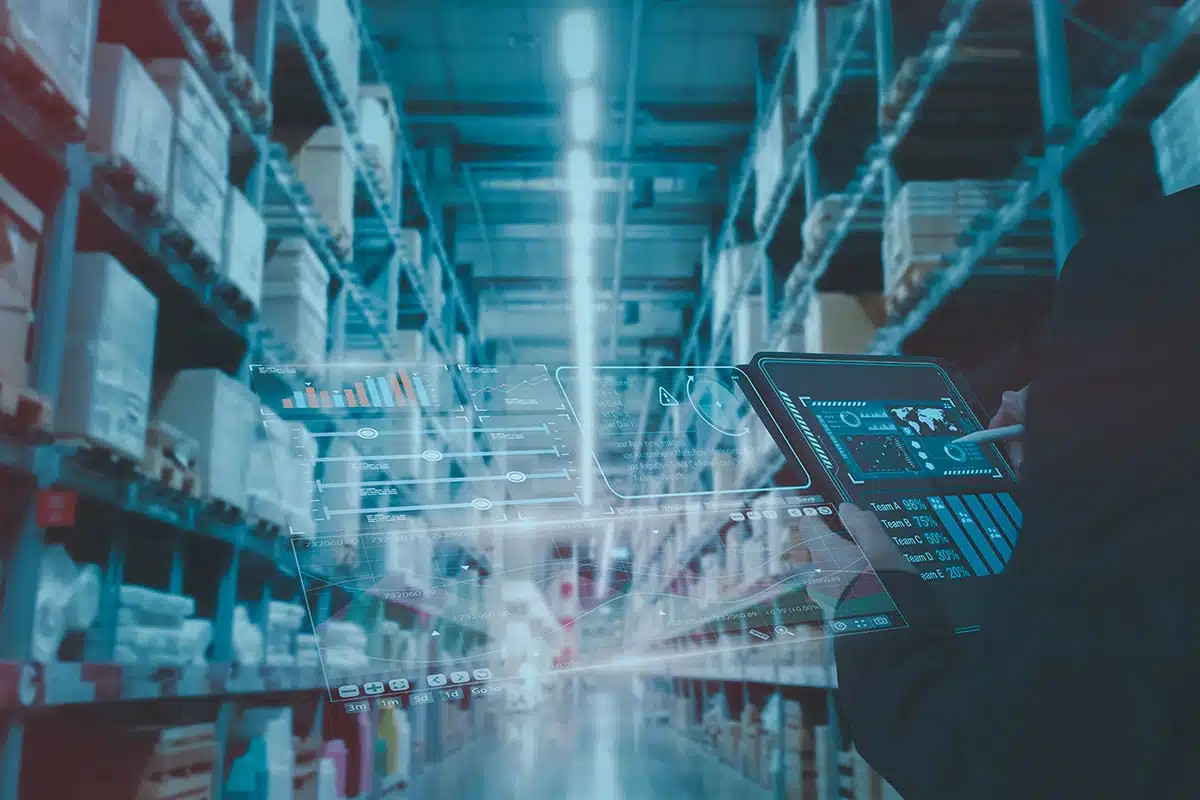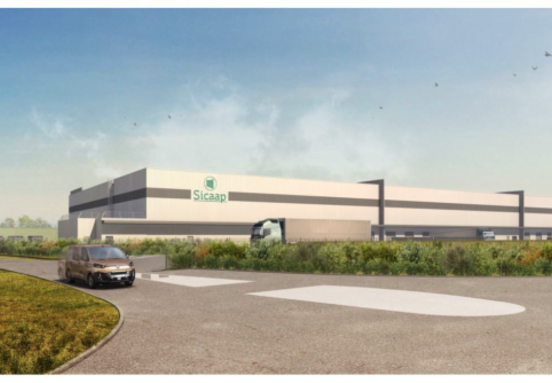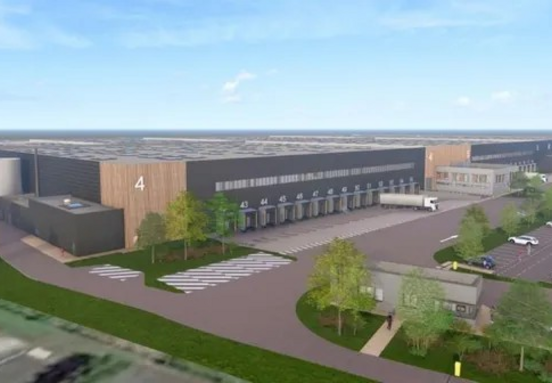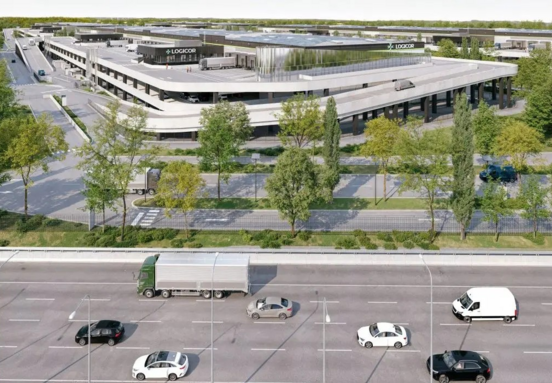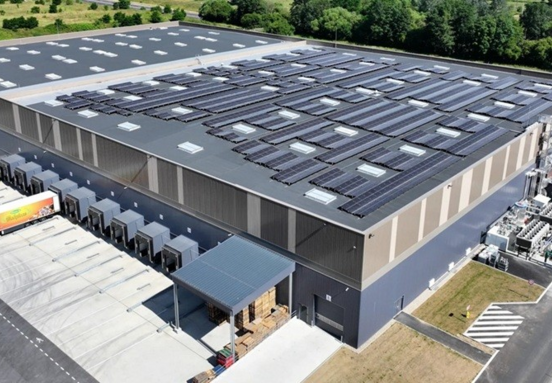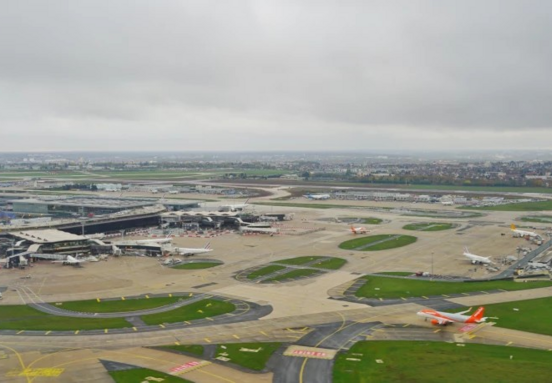The rise of intelligent warehouses in France
France is rapidly emerging as a leader in the global intelligent warehouse revolution, a transformation reshaping the logistics sector.
As of December 31, 2023, the nation boasted 3,700 warehouses or logistics platforms exceeding 10,000 m², collectively spanning an impressive 89 million m².
This significant expansion reflects a strategic shift towards automation and intelligence, positioning France at the forefront of technological advancements with innovative companies like Exotec and Scallog driving the change.
Driving forces: e-commerce and consumer demand
The surge in e-commerce and the ever-growing consumer demand for swift, efficient deliveries are the primary catalysts behind the adoption of intelligent warehouse solutions. Businesses are under increasing pressure to optimize their supply chains, reduce lead times, and enhance customer satisfaction, making smart warehouses an indispensable asset for competitive advantage in the modern market.
Key technologies powering smart warehouses
Intelligent warehouses are defined by their sophisticated technological infrastructure designed to maximize efficiency and precision. These facilities integrate a range of advanced systems:
Robotics and automation
At the core of intelligent warehouses are logistical robots, including Automated Guided Vehicles (AGVs), Autonomous Mobile Robots (AMRs), and specialized inventory robots. Automated Storage and Retrieval Systems (AS/RS) streamline storage and retrieval processes, while intelligent conveyors ensure seamless material flow. Crucially, hydraulic systems play a vital role in the physical handling of materials, integrating seamlessly with automated setups for equipment such as pallet trucks, stackers, and various lifting systems.
Artificial intelligence and data analytics
Artificial Intelligence (AI) and Machine Learning (ML) are pivotal, enabling real-time data analysis for optimal decision-making, predictive maintenance, and dynamic inventory management. These technologies ensure that operations are continuously optimized, errors are minimized, and productivity targets are met.
Economic advantages for your business
The expansion of the French warehouse automation market is fundamentally aimed at optimizing logistics operations and significantly reducing costs, offering substantial long-term benefits for businesses.
Significant productivity gains and cost reductions
While initial investments are substantial—typically 2 to 5 million euros for a medium-sized warehouse—the long-term returns are compelling. For instance, a 5,000 m² e-commerce intelligent warehouse, equipped with automated stacker cranes, AGVs, intelligent conveyors, voice picking stations, and an integrated WMS with IoT sensors, can process 1,000 orders daily with just 8 operators. This setup demonstrates a remarkable 68% productivity improvement and a 20-30% reduction in operational costs compared to traditional warehouse models.
Addressing workforce and safety concerns
Beyond financial gains, intelligent warehouses also address critical social concerns within the workplace. Automation significantly reduces the incidence of workplace accidents and lowers absenteeism rates, creating a safer and more stable working environment for employees.
Navigating the challenges of smart warehouse adoption
Despite the myriad benefits, adopting intelligent warehouse solutions comes with its own set of challenges that businesses must carefully consider.
Initial investment and operational complexity
The high initial capital investment required for state-of-the-art automation systems can be a barrier for some businesses. Furthermore, the complexity of maintaining these advanced systems demands specialized technical expertise and robust support infrastructure. The impact on traditional employment also necessitates strategic planning for workforce reskilling and retraining to adapt to new roles within an automated environment.
Regulatory compliance and construction standards
French legislation imposes rigorous standards for warehouse construction, ensuring safety, functionality, and environmental protection. This includes specific norms for fire resistance (R15), seismic resistance (NF EN 1998 – Eurocode 8), and critical floor flatness requirements for automated systems (DTU 13.3, FEM 9.831, FEM 9.841). Eco-responsible construction is also emphasized, focusing on energy efficiency, rainwater management, and carbon footprint reduction.
The future is smart: autonomous supply chains in France
The future of intelligent warehouses in France is exceptionally promising, with a clear trajectory towards fully autonomous supply chains by 2030.
Toward fully autonomous operations
This vision entails a logistics ecosystem characterized by continuously reduced operational costs, vastly improved accuracy, unwavering 24/7 availability, and enhanced safety protocols. The evolution towards full autonomy will further solidify France’s position as a hub for advanced logistics.
Strategic investment for long-term growth
Achieving this future requires not only continued technological innovation but also robust social support for job requalification programs. Businesses must conduct careful Return on Investment (ROI) assessments for AI and automation investments, ensuring a delicate balance between technological advancement, economic performance and social responsibility. Embracing these intelligent solutions is not just about adopting new technology; it’s about investing in a more efficient, sustainable, and competitive future for your business.
Source: journaldeleconomie.fr
